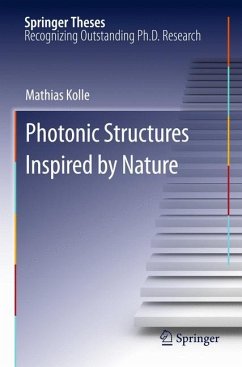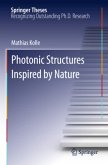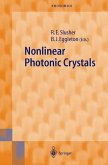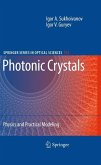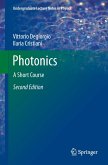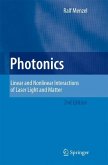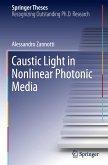Unlike most natural colours that are based on pigment absorption, the striking iridescent and intense colouration of many butterflies, birds or beetles stems from the interaction of light with periodic sub-micrometer surface or volume patterns, so called "photonic structures". These "structural colours" are increasingly well understood, but they are difficult to create artificially and exploit technologically.In this thesis the field of natural structural colours and biomimetic photonic structures is covered in a wide scope, ranging from plant photonics to theoretical optics. It demonstrates diffractive elements on the petal surfaces of many flowering plant species; these form the basis for the study of the role of structural colours in pollinator attraction.Self-assembly techniques, combined with scale able nanofabrication methods, were used to create complex artificial photonic structures inspired by those found in nature. In particular, the colour effect of a Papilio butterflywas mimicked and, by variation of its design motive, enhanced. All photonic effects described here are underpinned by state-of-the-art model calculations.

